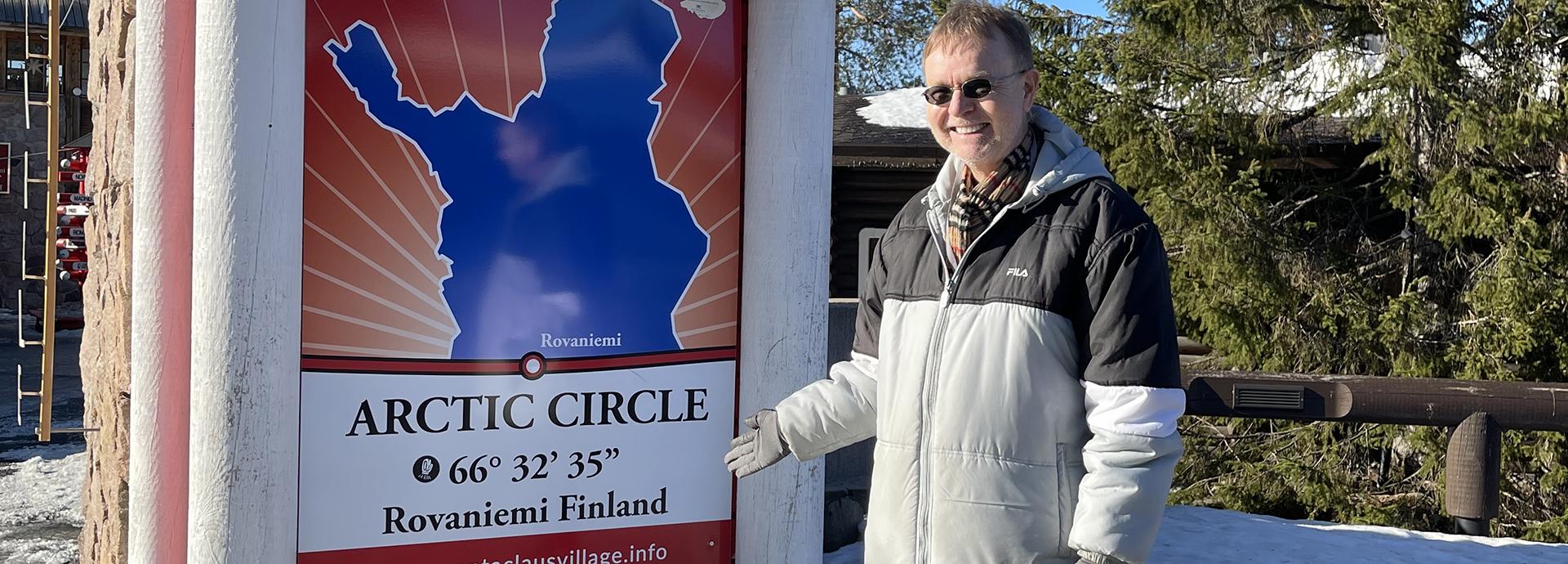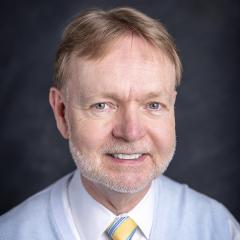

As the Chair of the Management Department at NJCU School of Business, being the first Fulbright Specialist at the Lapland University of Applied Science (Lapin AMK) was an honor and has taught me the importance of sustainability and the need to preserve our Arctic Region. Considering the university is only 11 km away from the Arctic Circle, teaching the various theories and practical application of sustainability is a top school priority.
While working with Senior Lecturer Marko Korkeakoski, it was clear how important the relevant of sustainability was in Finnish culture, education, and business. The Finnish live in a relatively pollution free environment and have embedded sustainability into their academic curriculum. That is why many faculty use models such as the “Triple Bottom Line” and the “Circular Economy” to ensure students understand how important it is to be aware of our planet and its inhabitance. Finland is a top sustainable country and lessons learned through cooperative programs such as Fulbright Finland help to share best practices.
During my lectures, it was clear that the students were very interested in understanding how firms can be sustainably. One such firm, JPMorgan, has a robust sustainability program around People, Profit and Planet. Students were lectured on how the firm is establishing benchmarks to ensure sustainable benchmarks are achieved or exceeded by 2035. In Lapland, organizations such as Santa Clause Village are vital to the community and truly reflective of a sustainable business. Businesses and government work jointly in creating the Santa Clause experience for all 365 days a year in a truly sustainable environment. Their business model is amazing and so supportive of the community and environment.
During my 2020 Fulbright-Turku UAS Scholar Award, I had the pleasure of lecturing on the circular economy as well as meeting representatives from SITRA the Finnish Foundation Fund. Understanding how sustainability and the circular economy protect our environment is part of the sustainability agenda. Both models of sustainability educate on the need to understanding how to work safely and effectively.
"Future generations need to protect the beauty of the Arctic and work to achieve the goals of sustainability throughout businesses. Both are not mutually exclusive and cooperation between the two is required."
The first step is through education as well as cooperative programs such as Fulbright Finland. Future generations need to protect the beauty of the Arctic and work to achieve the goals of sustainability throughout businesses. Both are not mutually exclusive and cooperation between the two is required. With the Fulbright Finland Foundation we create an environment where the scholar or specialists teach and/or conduct research on a topic, in my case sustainability, and then work with universities to educate and businesses to implement.


